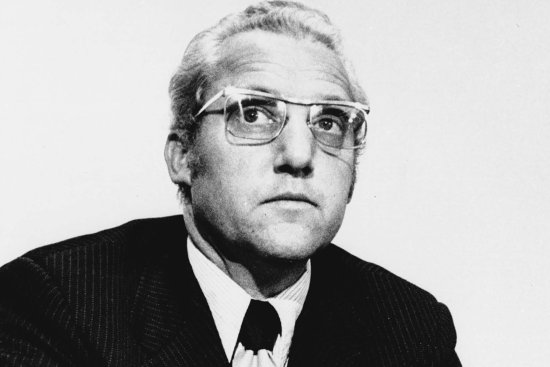
Former New Orleans Mayor Moon Landrieu is remembered for reviving the city
On his first week as a young Louisiana legislator, two powerful old politicians cornered Moon Landrieu in an elevator, poked their fingers in his chest, and threatened that if he voted against their racial segregation bills, they would destroy him. He did and they didn’t. At a time when George Wallace and others were hijacking southern populism and turning it racist, Landrieu forged coalitions that united Blacks and whites.
Chomping on an unlit cigar while arm-twisting a local assessor at a neighborhood bar, Landrieu, who died of heart failure on September 5 at age 92, could seem like an old-fashioned urban ethnic politician, which he was. But during his career as a legislator, councilman, and mayor of New Orleans during the 1960s and 1970s, he led a historic transformation in the city’s race relations and became one of the tribunes of what became known, for a glorious but brief period, as The New South. With a feel for how to balance progress and preservation, he helped build the city’s downtown Superdome and protect the French Quarter and other historic neighborhoods, displaying an urban sensibility that he brought to Washington when he became President Jimmy Carter’s Secretary of Housing and Urban Development. His ideals were later advanced by his daughter Mary, a three-term U.S. Senator, and his son Mitch, a two-term New Orleans mayor and currently President Biden’s infrastructure coordinator—and perhaps will be again by some of his 37 grandchildren.
Correction, Sept. 14: The original version of this story misstated how many terms Mary Landrieu served in the Senate. She was a three-term Senator, not two.